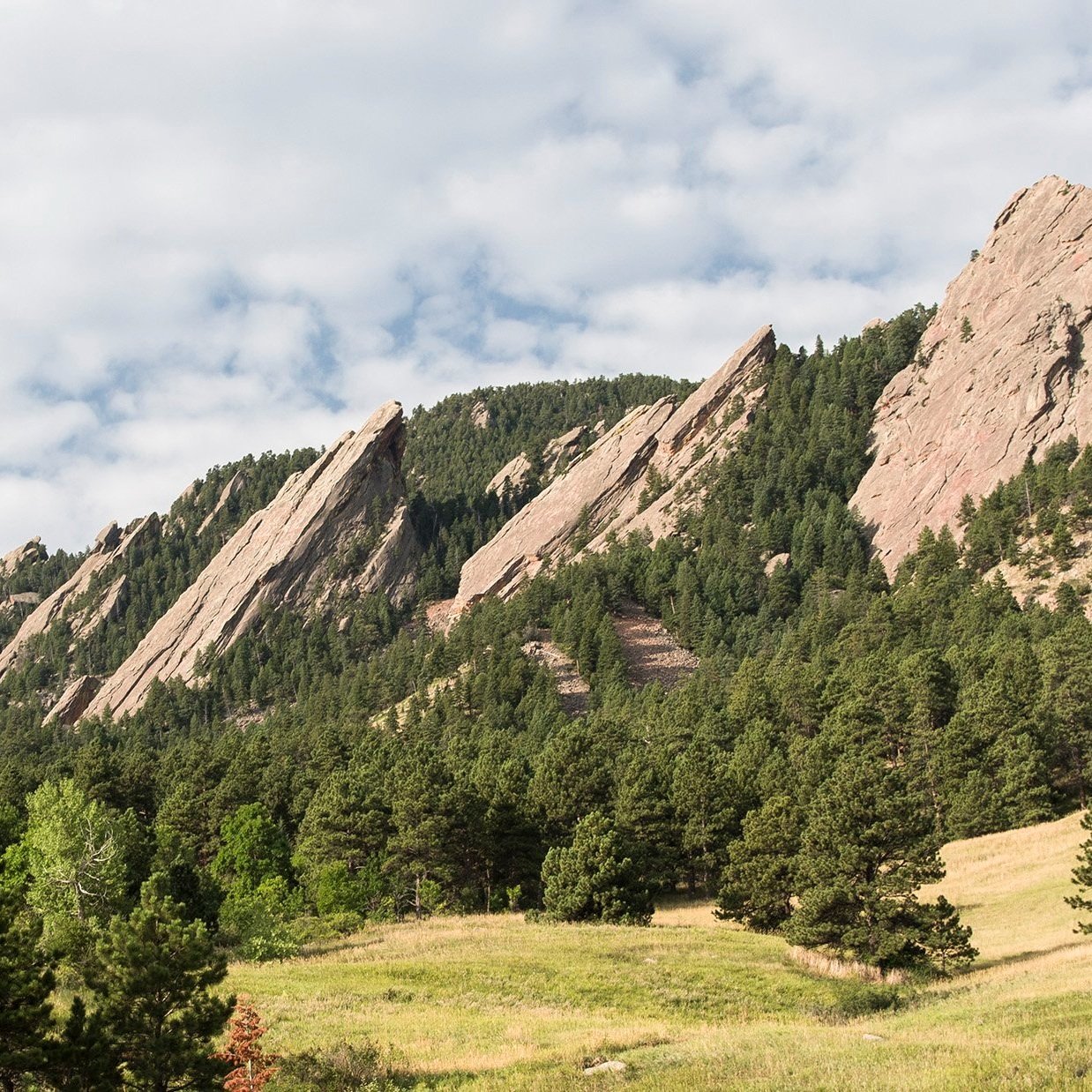Effects of indaziflam herbicide on native plant and soil microbial communities
About the project
Invasive exotic grasses (e.g., cheatgrass) have invaded tens of millions of acres of rangeland and open space in the western United States with devastating impacts on biodiversity and ecosystem functioning. Despite intensive management, invasive grasses have remained a major management challenge. Indaziflam (marketed as Rejuvra®/Esplanade® by Bayer CropScience) is a relatively new pre-emergent herbicide that was recently approved for use to control invasive grasses on rangeland and open space. In recent years, Indaziflam has shown promise to reduce or eliminate cover of target invasive annual grasses including cheatgrass. Yet, potential impacts on non-target organisms remain a concern.
We are partnering with land managers in Boulder County in Colorado to investigate effects of Indaziflam herbicide on non-target soil microbes ad native plant communities.
Major questions
Question 1
How does Indaziflam affect non-target native plant and soil microbial communities?
Question 2
How do native plant and soil microbial responses vary across environmental and land management gradients (e.g., time since herbicide application)?
Collaborators
Joe Swanson, Boulder County Parks and Open Space
Kelly Uhing and Brian Anacker, City of Boulder Open Space and Mountain Parks
Jim Krick, City of Longmont
Team members
Ember Bradbury
PhD student, Dryland Ecology and Management Lab
Alyssa Johnson
PhD student, Dryland Ecology and Management Lab
Amy Gill
PhD student, Dryland Ecology and Management Lab

